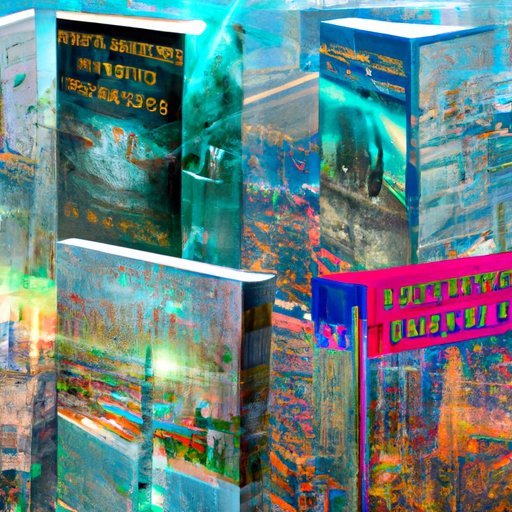The Interplay Between Science Fiction and Classical Literature
Science Fiction and classical literature have been deeply interconnected, a reciprocal relationship that has led to significant evolutions and reinterpretations of themes and concepts in literature. The influence of science fiction on classical literature is not just profound but rather transformative, shaping the way we view literary genres and their capabilities.
Stylistic Movements
Science fiction, as a genre, has given rise to innovative stylistic movements that have in turn influenced classical literature. Narrative techniques and languages that are characteristic of the realms of the futuristic and extraterrestrial have seeped into traditional stories, breaking conventions and challenging norms. Asimov's abstract predictions of technology and robotics have often stirred the intellectual curiosity of readers and authors alike and led to a redefining of classical stylistic boundaries.
Narrative Techniques
Elements of the speculative and fantastical, often found in science fiction, have played pivotal roles in reshaping the narrative techniques found in classical literature. Science fiction's willingness to challenge the notion of reality, the parameters of human ability, and the influence of technology on society has broadened the scope of narrative techniques that are now available to authors. Books like 'A Wrinkle in Time' by Madeleine L'Engle, uses the concept of tesseract or time travel as a unique narrative tool that takes storytelling to a different dimension.
Thematic Concerns
Science fiction frequently addresses the pressing thematic concerns of the time, often imagining the repercussions of existing societal, political, and technological trends. These themes are strategically woven into narratives, adding a layer of depth to modern storytelling. '1984' by George Orwell and 'Brave New World' by Aldous Huxley both delve into the dystopian implications of totalitarian regimes and mass consumerism respectively. Such thematic explorations in science fiction have greatly contributed to evolving what constitutes as thematic concerns in classical literature.
Science Fiction and Traditional Concepts
Science fiction has a history of reinterpreting and deconstructing traditional concepts from classical literature. This is particularly evident in Mary Shelley's 'Frankenstein', often dubbed the first science fiction novel, which revamps the classic theme of 'man playing God'. Similarly, Robert Louis Stevenson's 'Strange Case of Dr Jekyll and Mr Hyde' portrays a scientist's experiment gone wrong, providing a captivating reimagining of the age-old battle between good and evil.
Future Implications
Given the dynamic relationship between science fiction and classical literature, it is clear that the evolution of science fiction can significantly contribute to future developments in classical literature. By continually pushing boundaries and encouraging bold experimentation, science fiction has the potential to bring about a wide variety of narrative techniques, thematic concerns, and stylistic movements in classical literature.
Be it through the reimagining of classical themes, the pioneering of stylistic movements, or the experimentation with narrative techniques, the relationship between science fiction and classical literature is set to continue evolving, challenging, invigorating and transforming our literary experiences for centuries to come.


















Comments
Leave a Comment